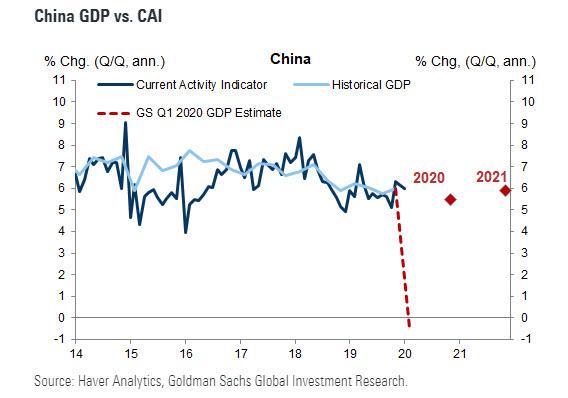- Feb 22, 2017
- 109,422
- 38,083
- 2,290
It's very "emotional" not methodical.And then as he always does, Trump says dumb shit and fucks up any progress that had been made...
China Trade Negotiators Cut U.S. Trip Short After Trump Says He Doesn't Need A Deal Now
Chinese trade negotiators cut short their trip to the U.S. after President Donald Trump said Friday he really doesn’t need a trade pact until after the 2020 presidential election.
Being methodical takes both maturity and intelligence.







